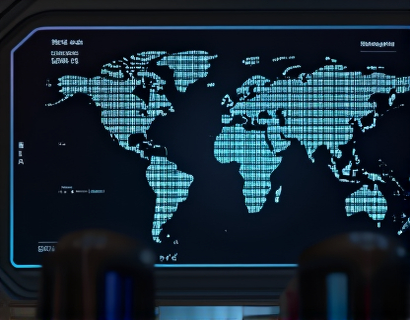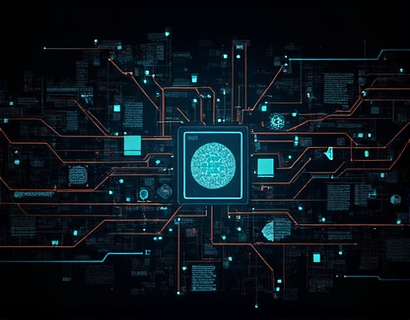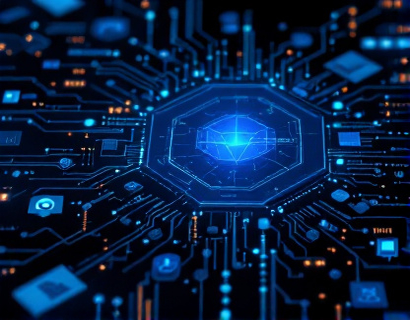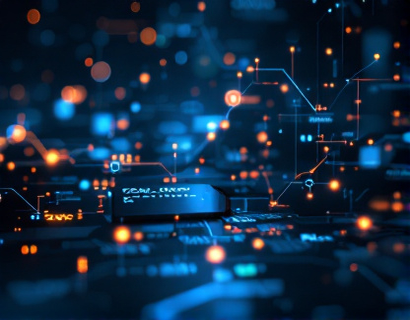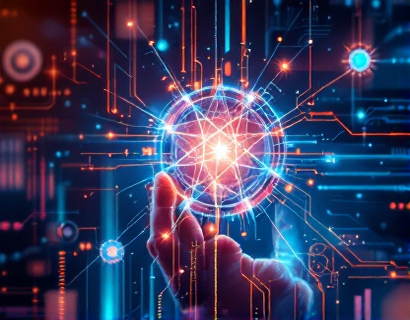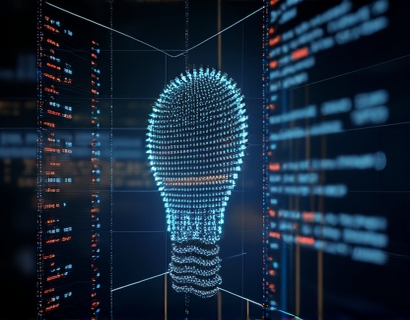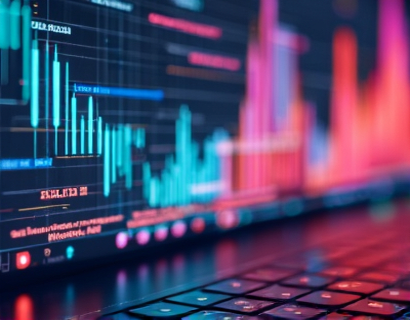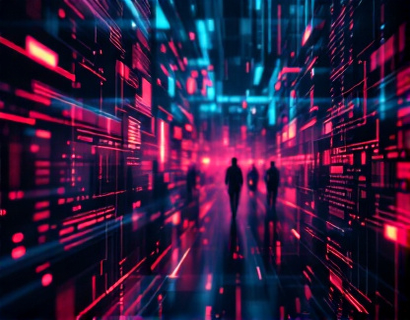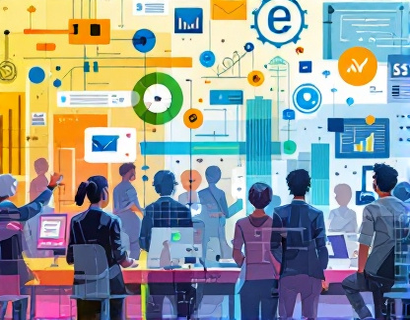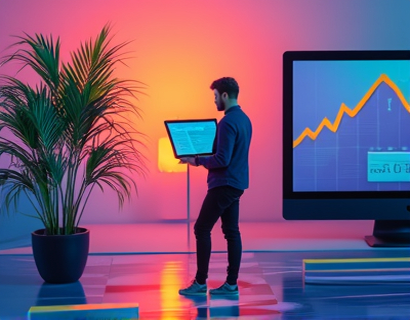AI and Crypto: Pioneering Digital Transformation with Next-Gen Productivity Solutions
The intersection of artificial intelligence (AI) and cryptocurrency is catalyzing a new era of digital transformation, redefining productivity and efficiency in ways previously unimaginable. This fusion of technologies is not just an evolution but a revolution, offering tech innovators and early adopters a glimpse into a future where seamless and intelligent solutions are the norm. As we delve into this topic, it's essential to understand the foundational roles that AI and cryptocurrency play in this transformation and how they are synergistically enhancing various aspects of our digital lives.
AI, with its ability to process vast amounts of data at unprecedented speeds, has become an indispensable tool in optimizing workflows and automating repetitive tasks. From predictive analytics to natural language processing, AI technologies are being integrated into various industries to drive innovation and improve operational efficiency. On the other hand, cryptocurrency, particularly blockchain technology, provides a decentralized and secure framework for transactions, ensuring transparency and trust in digital interactions. The combination of these two technologies is creating powerful tools that are reshaping the way we work and interact in the digital space.
One of the most significant impacts of AI and cryptocurrency is in the realm of smart contracts. Smart contracts are self-executing contracts with the terms of the agreement directly written into code. When combined with blockchain, these contracts can automatically trigger actions based on predefined conditions, eliminating the need for intermediaries and reducing transaction costs. This not only speeds up processes but also enhances security and reliability. For instance, in supply chain management, smart contracts can ensure that payments are made only when specific delivery milestones are met, providing a transparent and tamper-proof record of transactions.
Another area where AI and cryptocurrency are making waves is in the development of decentralized applications (dApps). dApps leverage blockchain technology to create applications that are not controlled by any single entity, offering users greater autonomy and control over their data. AI can enhance dApps by providing intelligent recommendations, personalized user experiences, and advanced security measures. For example, an AI-powered dApp in the financial sector can analyze market trends and provide users with real-time investment advice, all while ensuring that transactions are secure and transparent.
The integration of AI in cryptocurrency also extends to the realm of digital assets themselves. Cryptocurrencies like Bitcoin and Ethereum are not just digital currencies but are also platforms for executing smart contracts and deploying decentralized applications. AI algorithms can be used to predict price movements, optimize trading strategies, and manage risk more effectively. This synergy between AI and cryptocurrency is giving rise to a new class of financial instruments and services that are more efficient, transparent, and accessible.
In the context of productivity tools, the combination of AI and cryptocurrency is leading to the development of next-gen solutions that can revolutionize how we work. Imagine a productivity platform that uses AI to analyze your work patterns and suggest optimal times for tasks based on your productivity peaks. This platform could also utilize cryptocurrency to incentivize users for completing tasks efficiently, creating a gamified work environment that motivates and rewards productivity. Such a system would not only enhance individual efficiency but also foster a collaborative and performance-driven workplace culture.
Furthermore, AI-driven analytics powered by blockchain can provide unparalleled insights into team performance and project management. By securely storing and analyzing data from various sources, these tools can identify bottlenecks, optimize resource allocation, and predict potential issues before they arise. This level of foresight and precision is invaluable in today's fast-paced business environment, where the ability to adapt and respond quickly can mean the difference between success and failure.
The potential for AI and cryptocurrency to transform productivity extends beyond the corporate world. For freelancers and remote workers, these technologies offer tools that can streamline administrative tasks, manage finances, and ensure secure and efficient collaboration. AI-powered virtual assistants can handle scheduling, communication, and even legal compliance, allowing professionals to focus on their core work. Cryptocurrency-based payment systems ensure that transactions are swift and secure, reducing the friction often associated with traditional payment methods.
Education and training are also benefiting from the AI-crypto convergence. Online learning platforms can use AI to personalize learning experiences, adapting content to the individual needs and learning styles of students. Blockchain can secure digital credentials and certifications, providing a tamper-proof record of achievements. This combination not only enhances the learning experience but also ensures that skills and qualifications are recognized and verified across different institutions and industries.
In the healthcare sector, AI and cryptocurrency are paving the way for more efficient and secure patient care. AI algorithms can analyze medical data to predict disease outbreaks, personalize treatment plans, and optimize hospital operations. Blockchain can secure patient records, ensuring privacy and compliance with data protection regulations. Smart contracts can automate insurance claims and payments, reducing administrative burdens and improving patient satisfaction.
The environmental impact of AI and cryptocurrency is another critical aspect to consider. While blockchain technology, particularly proof-of-work systems, has been criticized for its high energy consumption, the integration of AI can help optimize energy usage and reduce the carbon footprint. AI can manage and balance the load on blockchain networks, ensuring that energy is used more efficiently. Additionally, AI-driven solutions can monitor and predict environmental changes, aiding in the development of sustainable practices and policies.
As we look to the future, the potential for AI and cryptocurrency to drive digital transformation is immense. The ongoing advancements in machine learning, natural language processing, and blockchain technology will continue to push the boundaries of what is possible. The key for tech innovators and early adopters is to stay informed, embrace these technologies, and explore their applications in various domains. By doing so, they can not only enhance their own productivity but also contribute to a more efficient, secure, and connected digital world.
In conclusion, the fusion of AI and cryptocurrency is not just a trend but a fundamental shift in how we approach digital transformation. This powerful combination is redefining productivity, security, and innovation, offering endless possibilities for those willing to explore and harness its potential. As we move forward, the integration of these technologies will continue to shape the future, making our digital lives more seamless, efficient, and rewarding.



